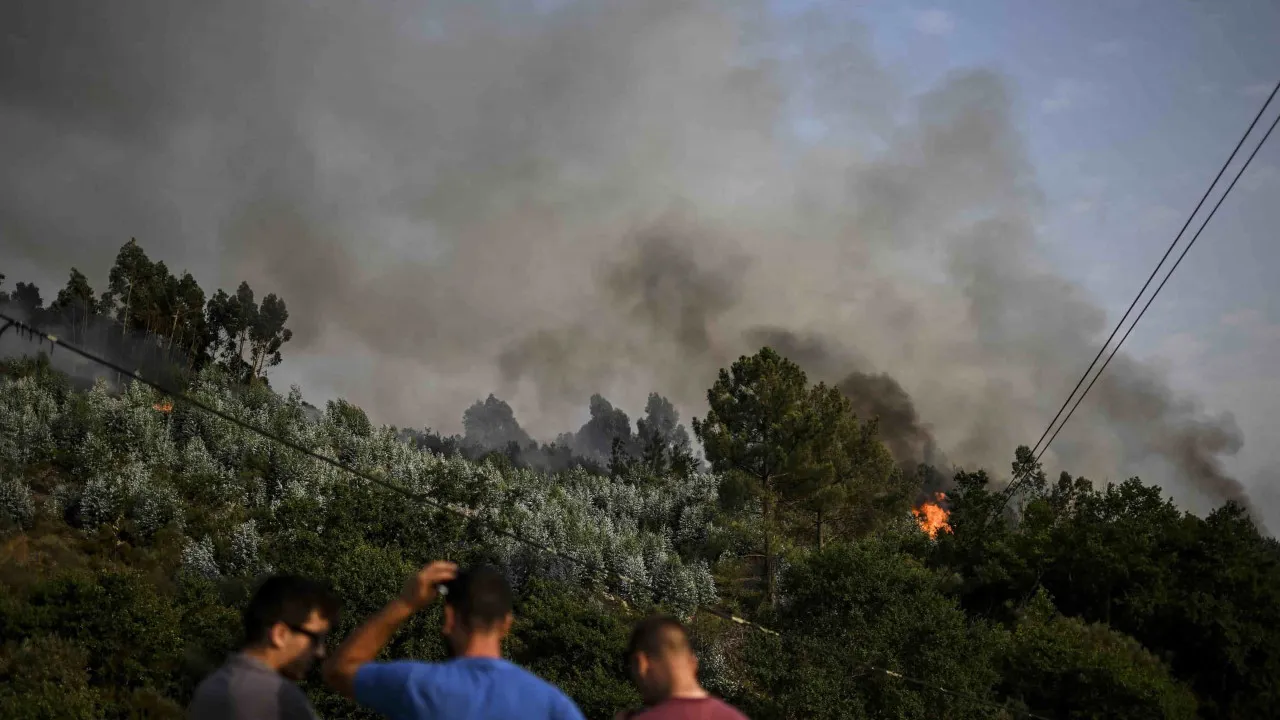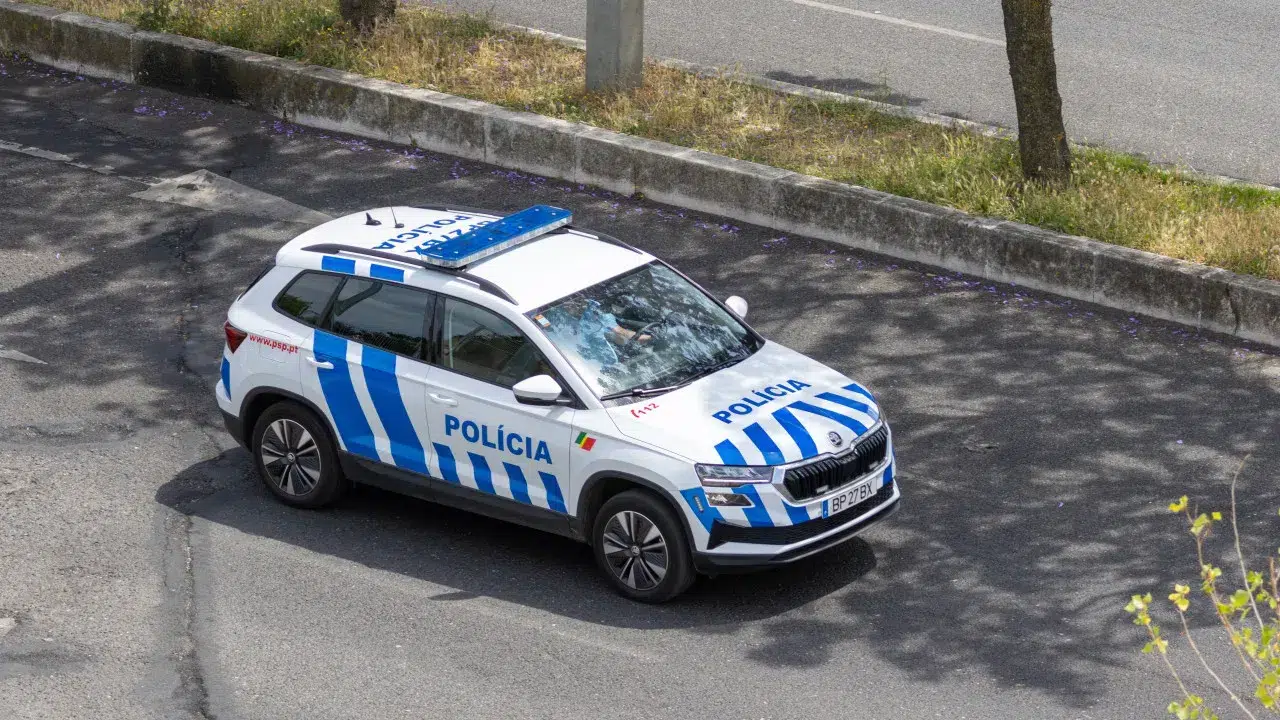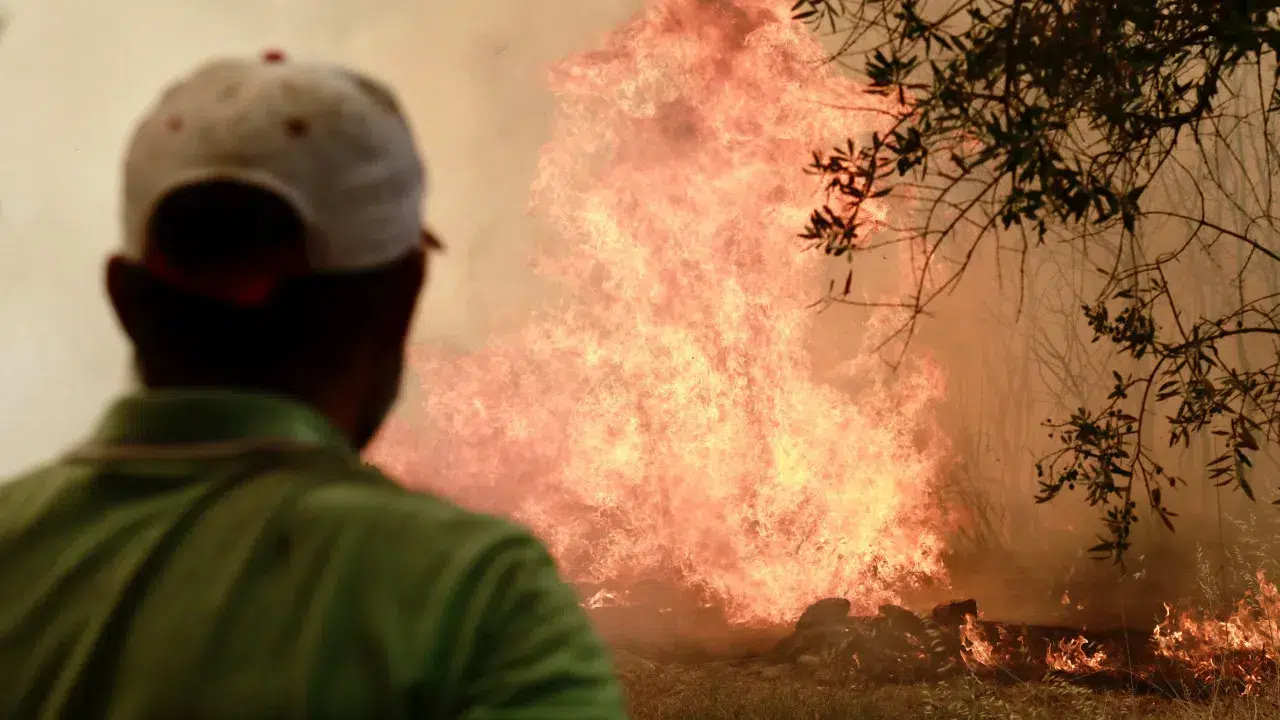The Secretary of State for the Presidency and Immigration, Rui Armindo Freitas, stated on Monday that “it is not the Government’s responsibility to know” where the migrants who arrived in Vila do Bispo, Algarve, on Friday will go. He emphasized that the work done by the authorities was “an example of applying rules with humanity.”
In an interview with SIC Notícias, when questioned about the AIMA and the Government not presenting solutions to the local government of Vila do Bispo, the Secretary of State mentioned that in such cases, it is the Public Security Police (PSP) that “operates the temporary installation or detention centers.”
“When we arrived at the Government in April 2024 and began preparing the action plan for migrations, we immediately identified that Portugal should have a Temporary Installation Center capacity between 600 to 1,000 slots,” he said.
He added: “We did not inherit any slots from the previous Government, we have the ECIT, which are the equivalent in airports, and we have the Santo António Housing Unit in Porto, which is also overcrowded. We did not inherit slots, nor space from the previous Government.”
He further emphasized that “the Government quickly began to work” and that “the Prime Minister has already signed and launched a tender for two temporary installation centers because Portugal has this problem.”
“For a long time, Portugal did not anticipate this type of installation, which is fundamental, namely, for when monitoring citizens who are irregularly in national territory, and that’s where they need to be placed,” he noted.
Asked whether he confirmed the information provided by PSP that the migrants would be distributed among four reception centers, Rui Armindo Freitas pointed out that “it concerns the authorities how and where they will do it.”
“However, it is obvious that they will be [installed] in Temporary Installation Centers, because that was what was decreed in the coercive measure determined by the judge when they were heard,” he stated.
Concerning whether the Government knew where the migrants were going, the Secretary of State said that “it is not the Government’s responsibility to know.” “The Government’s role is to provide the tools for the authorities to work.”
He also mentioned that “it is curious that today it is very important that we have slots in CIT,” pointing out that the Government began working on all these situations last year, in July 2024.
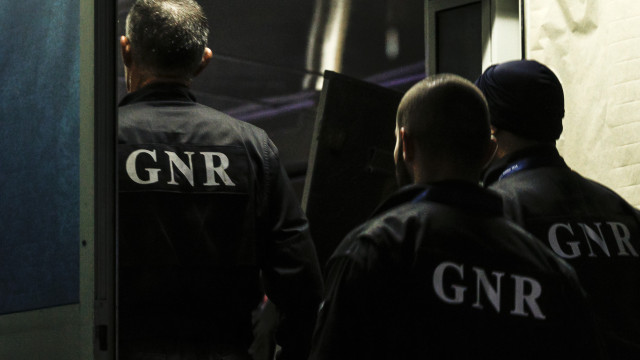
Two families, totaling six people, who were among the 38 migrants that landed on Friday in the Algarve, will be taken today to temporary installation centers (CIT), a GNR source told Lusa.
Lusa | 22:43 – 11/08/2025
Regarding the fact that the mayor of Vila do Bispo did not know about the PSP information, Rui Armindo Freitas responded that it is “natural,” as it is a “coordination of the authorities on the ground.”
“It should be noted that from the beginning of the whole process, [the authorities] have been immeasurable and have acted at the correct time, in the correct manner, applying the rules with humanity. All aid was provided to these migrants, and everything is proceeding within the normal procedure and without any upheaval. Obviously, with the limitations we inherited from eight years of governments that did not prepare Portugal for this situation,” he stressed.
As for whether the rules were applied humanely, given that a family with a one-year-old baby will be expelled, the Secretary of State noted that “Portugal has rules to comply with.”
Rui Armindo Freitas emphasized that if these norms did not exist, “Portugal would be encouraging more [migrants] to come in those circumstances.”
“What we have to do – and that’s where the rules with humanity apply – and in these installation centers as the Government is also designing them, it is perfectly determined to have places for the installation of families who are going to start this return process, which is natural. Not only in Portugal, but in all EU member states,” he continued.
He also highlighted in the same interview that “the principle of well-being is guaranteed from the moment that option was made, which was illegal immigration,” stating that “upon arriving on the Portuguese coast” assistance was provided, but naturally, “immigrating to Portugal should be through safe and regulated immigration corridors and not via illegal means.”
“From the moment the expression of interest ends, these citizens are intercepted, and what happens is a return process so that Portugal does not feed illegal immigration in the European context,” he noted.
Questioned about the process of the migrants’ exit, the Secretary of State stated he would not provide “information.” However, he explained that “what happens in these situations is that migrants are given the prerogative of wanting to leave voluntarily while still in CIT,” and then, “programs that exist are activated, which Portugal also has for voluntary return.”
“In a coercive manner, the Portuguese State will have to activate the means and accompany them to the national border, in this case, by air, to return [the migrants] to their country of origin. It must be said that it is easier to do this in the case of documented individuals because we know where they come from,” he emphasized.
“In the case of undocumented individuals, a process of contacting the authorities in the country they might be from is initiated, so they can be documented, and their return can be processed,” he added.
Regarding what would have happened to these migrants if this had occurred a year and a half ago and they had not been detected, the Secretary of State replied: “They would have entered national territory, filled out the expression of interest, and remained here waiting to be regularized in any process that could happen in an uncertain future.”
He continued: “From the moment the expression of interest ended, these citizens were intercepted, and what happens is a return process so that Portugal does not feed illegal immigration in the European context.”
It should be noted that last Friday, a boat with 38 migrants, including children, arrived on a beach in Vila do Bispo, Algarve.
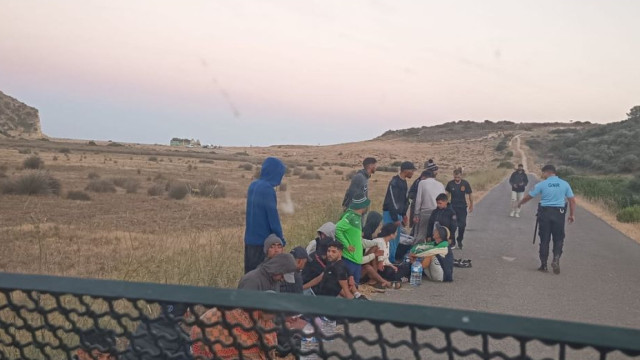
Among the 38 migrants on the boat were seven minors. It is known that ten people were taken to the hospital for medical observation. The migrants will be presented to the competent authorities this Saturday.
Carmen Guilherme | 07:37 – 09/08/2025
Foreigners Law? “A lot of work”
During the interview with SIC Notícias and asked about the Constitutional Court’s rejection of the Foreigners Law, Rui Armindo Freitas stated that there are no “negotiations, but a lot of work.”
“We started the work we need to do at this time so that we can accommodate everything mentioned by the Constitutional Court to maintain exactly the same destination we want for our immigration policy,” he said.
He insisted: “We want these rules in operation very quickly.”
Recall that the President of the Republic vetoed the Foreigners Law last Friday, after the Constitutional Court deemed five provisions of the decree unconstitutional.
Just this Monday, Marcelo Rebelo de Sousa returned the Foreigners Law to Parliament for correction of the norms that violate the fundamental law.

Marcelo Rebelo de Sousa vetoed the Foreigners Law last Friday and returned the bill to the Assembly of the Republic today after the Constitutional Court (TC) announced the unconstitutionality of five provisions. Overall, the President had requested the review of seven provisions of the decree.
Carmen Guilherme with Lusa | 15:13 – 11/08/2025

